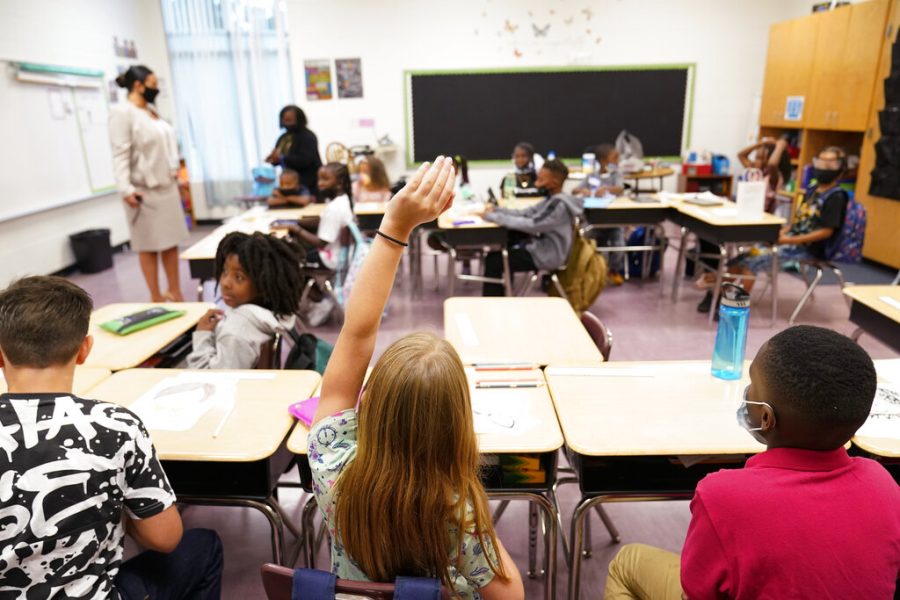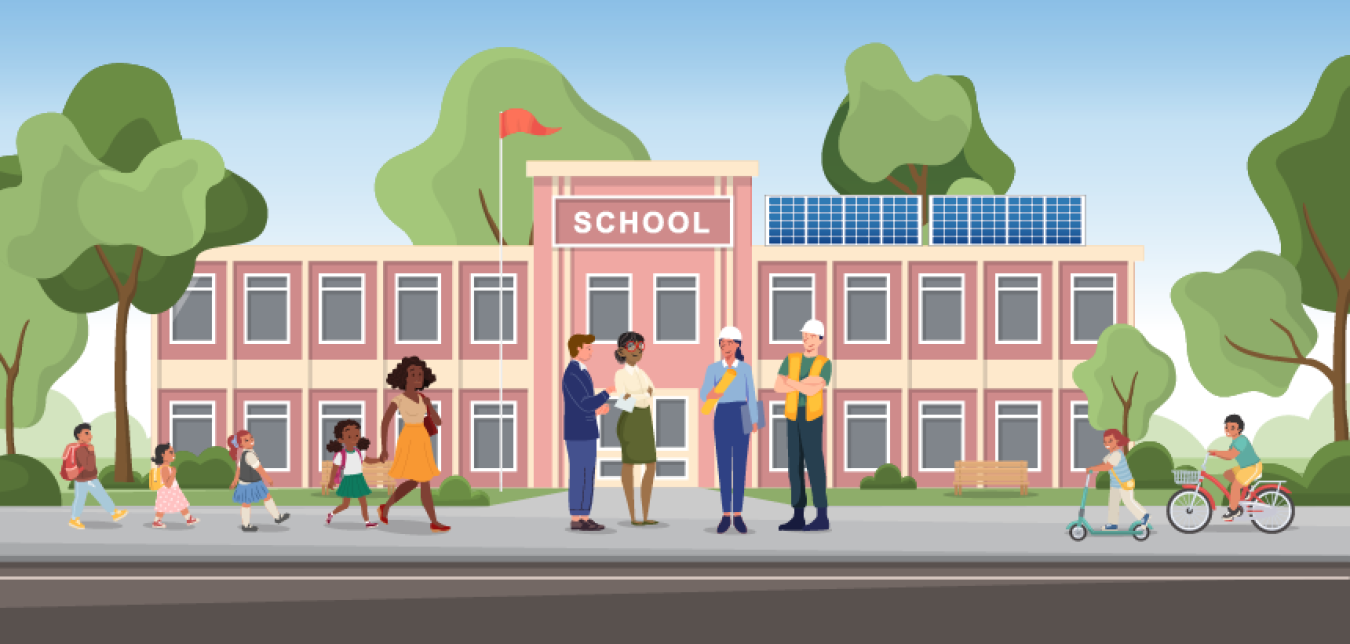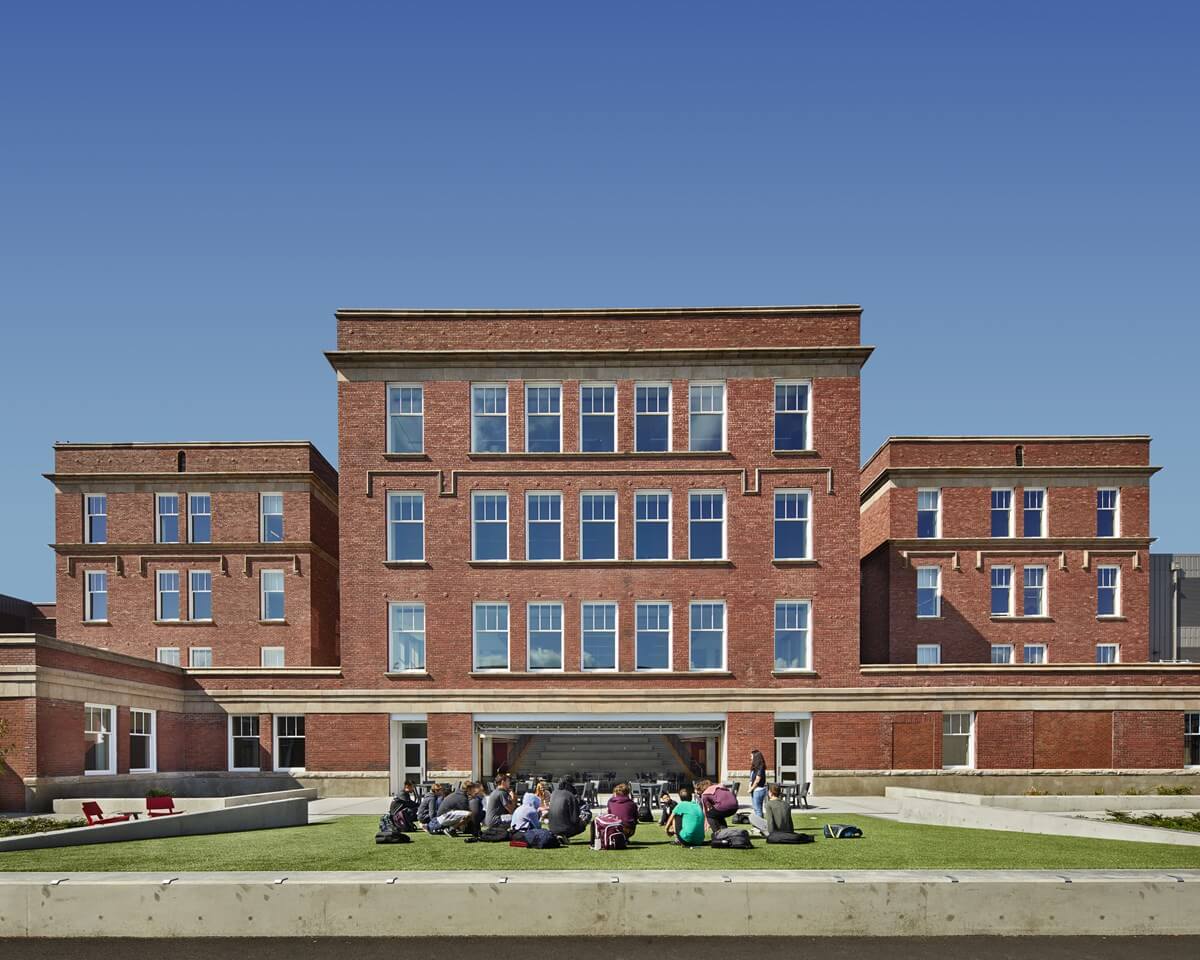The Importance of Neighborhood Support to Save Temecula Schools Today
The Importance of Neighborhood Support to Save Temecula Schools Today
Blog Article
Comprehending the Relevance of Schools in Child Advancement and Area Growth
Colleges' interaction with regional areas via service-learning campaigns enhances the bond between households and educational institutions. This symbiotic relationship emphasizes the importance of colleges in nurturing energetic citizenship and long-lasting knowing practices.
Academic Success
Academic accomplishment functions as a keystone of youngster development, supplying the foundation upon which future knowing and success are built. Schools play a critical function in promoting this scholastic development, using organized atmospheres where kids can acquire crucial knowledge and cognitive abilities. Standard educational program ensure that pupils gain efficiency in core subjects such as maths, scientific research, and language arts, which are essential for both higher education and learning and specialist opportunities.
In enhancement to presenting fundamental scholastic abilities, institutions also grow important thinking, problem-solving capabilities, and intellectual inquisitiveness. These cognitive competencies are important for navigating intricate real-world scenarios and adapting to the ever-evolving demands of the modern workplace. Teachers, as facilitators of discovering, utilize diverse pedagogical approaches to satisfy diverse learning styles, thus optimizing specific trainee capacity.
Moreover, scholastic success is closely linked to self-esteem and motivation. Children that experience academic achievements are more probable to establish a favorable self-concept and a long-lasting interest for understanding. Colleges likewise supply different resources, such as libraries and technology, which better enhance the instructional experience and prepare students for a technically sophisticated society.
Social Skill Development
Beyond academic accomplishment, the role of schools in social ability advancement is crucial. Schools work as a main venue for kids to find out and practice essential social skills such as conflict, interaction, and teamwork resolution. In the structured environment of a class, pupils communicate with peers, teachers, and other school personnel, supplying many chances to create these essential abilities.
Effective social ability growth in institutions is promoted through team tasks, joint tasks, and extracurricular programs. These communications help students recognize social standards, construct empathy, and promote a feeling of neighborhood. For circumstances, group projects teach students how to collaborate towards a typical objective, pay attention to different point of views, and navigate differences constructively.

The farming of social skills during academic year lays a structure for future personal and specialist relationships. Save Temecula Schools. As trainees grow, the capability to effectively collaborate and interact ends up being significantly essential, underscoring the institution's essential duty in holistic youngster development
Direct Exposure to Diversity
Direct exposure to diversity in colleges is essential to fostering an inclusive attitude and broadening trainees' viewpoints. Schools act as a microcosm of the more comprehensive society, and experiencing varied societies, languages, and socioeconomic histories within this setting furnishes students with crucial skills for browsing a significantly globalized globe. This direct exposure motivates empathy, click now lowers bias, and promotes shared respect among peers.
Research study indicates that pupils who interact with peers from different backgrounds display better analytical skills and imagination. This understanding of diversity prepares students for future offices that worth multicultural capability - Save Temecula Schools.

Neighborhood Involvement
The benefits of diverse classrooms extend beyond the school walls, cultivating a strong sense of neighborhood interaction amongst students. By communicating with peers from different social, socioeconomic, and ethnic histories, pupils acquire a more comprehensive viewpoint and an appreciation for diversity. This exposure motivates them to end up being energetic citizens that agree to add positively to their areas.
Schools that emphasize area interaction commonly integrate service-learning tasks, which allow trainees to address real-world troubles while applying academic skills. These projects not just improve pupils' understanding of their coursework yet likewise infuse a feeling of responsibility and compassion. In addition, collaborations between colleges and regional companies supply pupils with opportunities to take part in area events, even more solidifying their function as positive neighborhood members.
In addition, parental and area participation in schools enhances the bond between academic organizations and the neighborhoods they serve. When institutions open their doors like this to neighborhood occasions, workshops, and volunteer chances, they create a collective environment that profits all stakeholders. This shared assistance system makes sure that pupils get holistic development, preparing them to come to be well-shaped people who add and value to their communities. Through these efforts, colleges play a pivotal role in supporting neighborhood interaction and promoting societal development.
Lifelong Knowing Habits
Developing lifelong learning behaviors is essential for a youngster's constant growth and versatility in an ever-changing globe. Schools play an essential duty in instilling these practices by creating an environment that cultivates inquisitiveness, crucial thinking, and a love for understanding. Via diverse curricula and extracurricular activities, teachers motivate students to explore various subjects, assess details critically, and use their discovering to real-world situations.

Moreover, institutions supply an organized atmosphere where kids can create self-control and time monitoring abilities, both of which are important for continuous knowing. By highlighting the value of setting objectives, reviewing progress, and adapting techniques, universities prepare pupils to browse the intricacies of adult life, guaranteeing they remain long-lasting students and contributors to culture.
Final Thought
In conclusion, schools are necessary in fostering child advancement and community development by supplying settings favorable to academic achievement, social ability advancement, and exposure to variety. Via collective projects and interactions, institutions boost essential thinking, empathy, and communication abilities. Area involvement initiatives even more reinforce the bond in between neighborhood neighborhoods and use this link educational organizations. Inevitably, colleges grow lifelong understanding behaviors, equipping people with the necessary knowledge and skills to add favorably to society.
In the organized atmosphere of a classroom, trainees engage with peers, educators, and various other college personnel, supplying various chances to create these vital capacities.
In essence, exposure to variety within institutions not just improves private trainees but also enhances the social textile of the community as a whole.
The benefits of varied class prolong past the school wall surfaces, cultivating a solid feeling of community interaction amongst trainees.Institutions that emphasize area engagement usually incorporate service-learning tasks, which permit students to resolve real-world troubles while applying academic abilities. Partnerships in between institutions and regional companies offer students with chances to participate in neighborhood occasions, better strengthening their duty as proactive area members.
Report this page